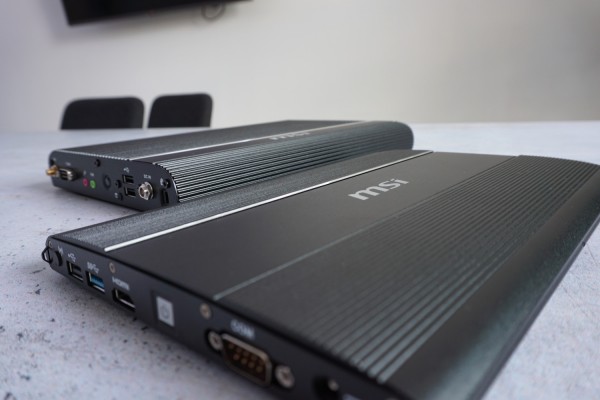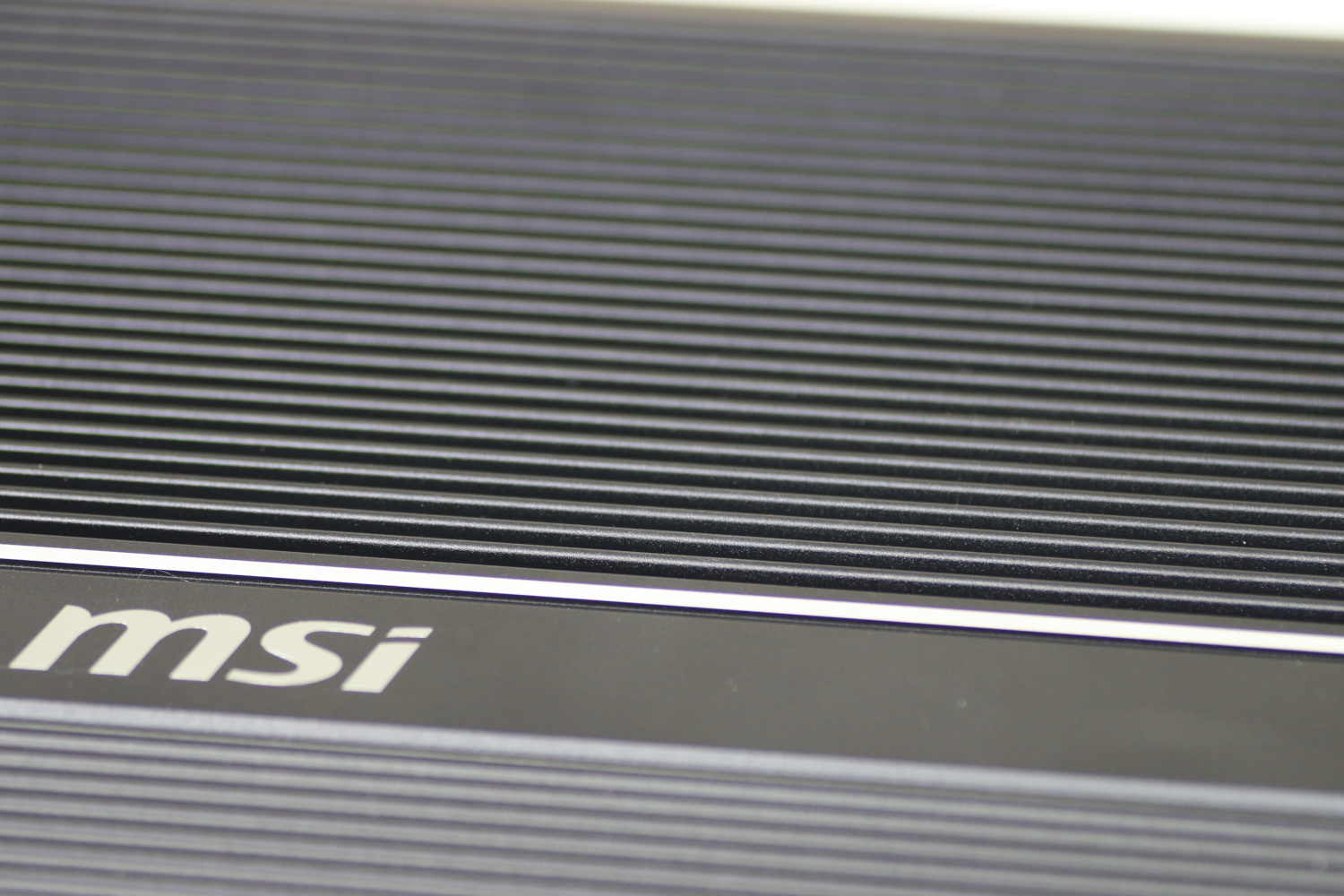Why a Mini-PC should definitely be used at your working space
Long story short: We have collected the most important advantages of our Mini-PCs for you.
Benefits of your office Mini-PC:
• Reduction of background noises
• Energy-efficient
• Space-saving
• Efficient working through high processor power
• Longevity
Does that sound nice or what? But talking big is easy. Here’s how the above-mentioned aspects come off.
Reduction of background noises:
One of the most significant things which affect the volume of a PC is the cooling system. Because they are much
quieter than PCs with an active cooling, especially passively cooled systems help creating a comfortable working
atmosphere.
What you should not forget when thinking about reducing the sound, is the choice of the hard drive.
Choosing a passively cooled system with an SSD makes it possible to work completely silent.
Energy-efficient:
We all know that the power consumption of a Mini-PC is in general lower than the consumption of a
Tower-PC and since there’s no active cooling system that has to be active, you can easily safe some energy costs.
Also, who would have thought that even in this point the SSD is one of the main reasons for it (see also
our article “What is the difference between HDD and SSD?”).
Space-saving:
Obvious one, isn't it?
Efficient working through high processor power:
Using desktop-CPUs for Mini-PCs is very common. The same applies to dedicated graphics chips. This way even
in the smallest PC-housings benchmarks beyond good and evil can be reached.
Longevity:
Especially affects our passively cooled systems:
Considering there are no cooling fins or heat pipes, the cooling system can’t fall out, which means the Mini-PCs
have a higher expected lifetime. It also applies to SSDs, which can – compared to HDDs – note several writing cycles.










